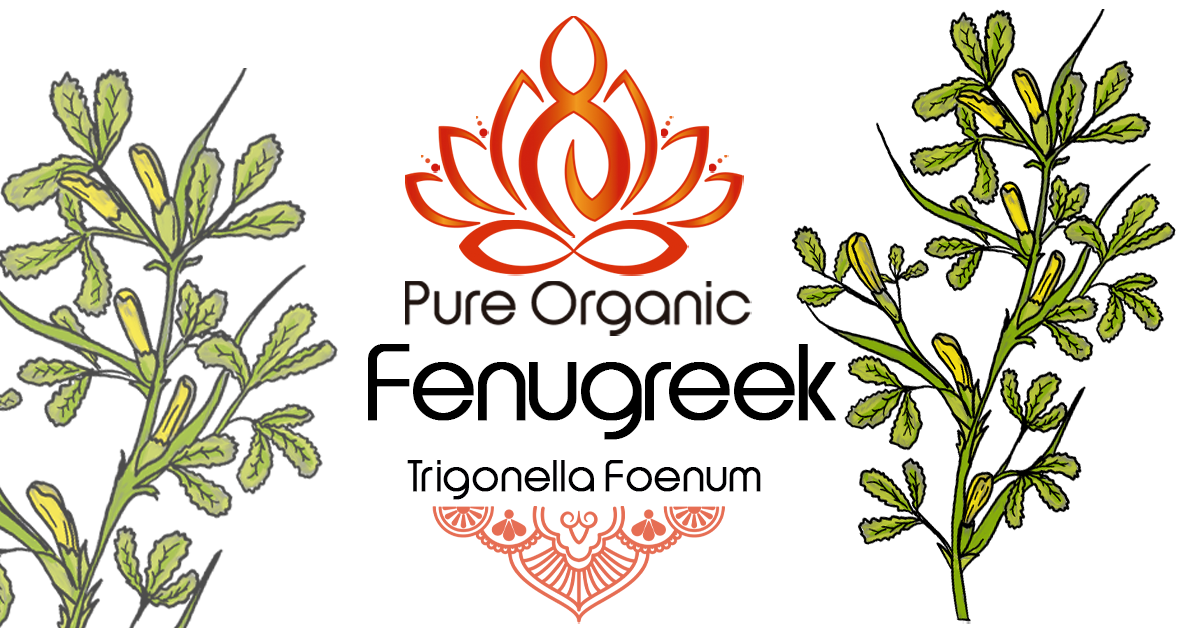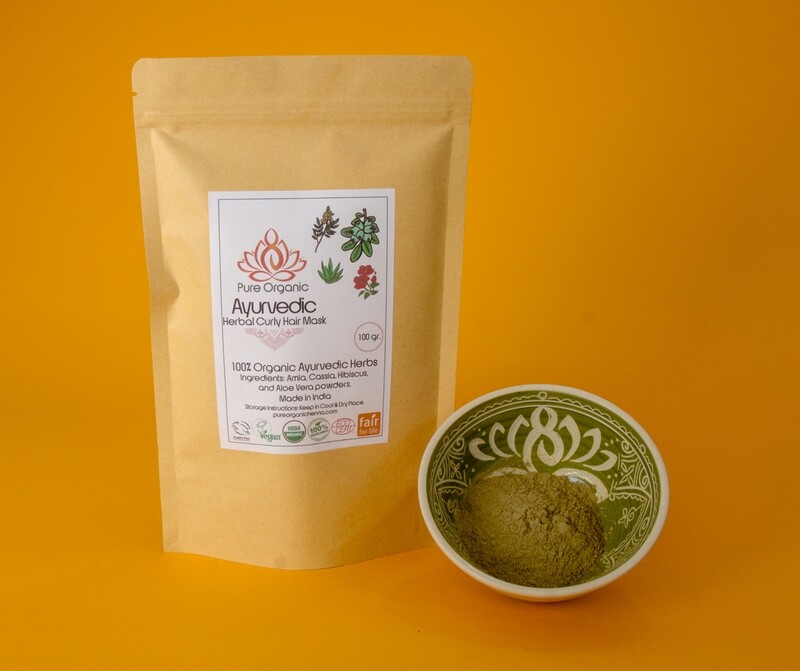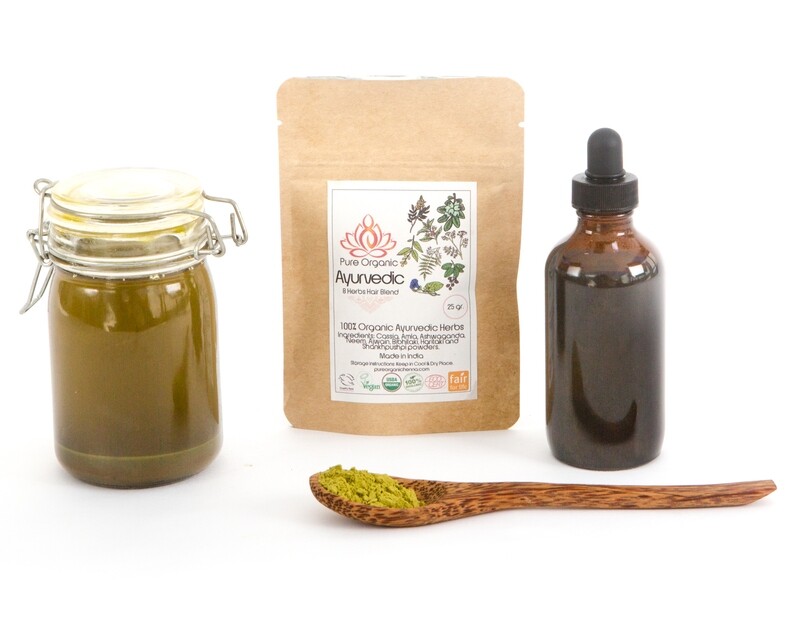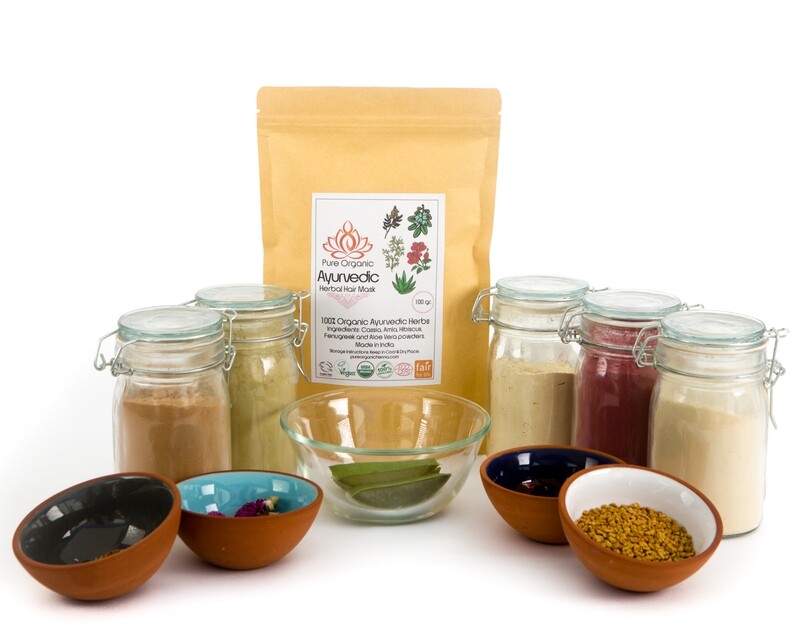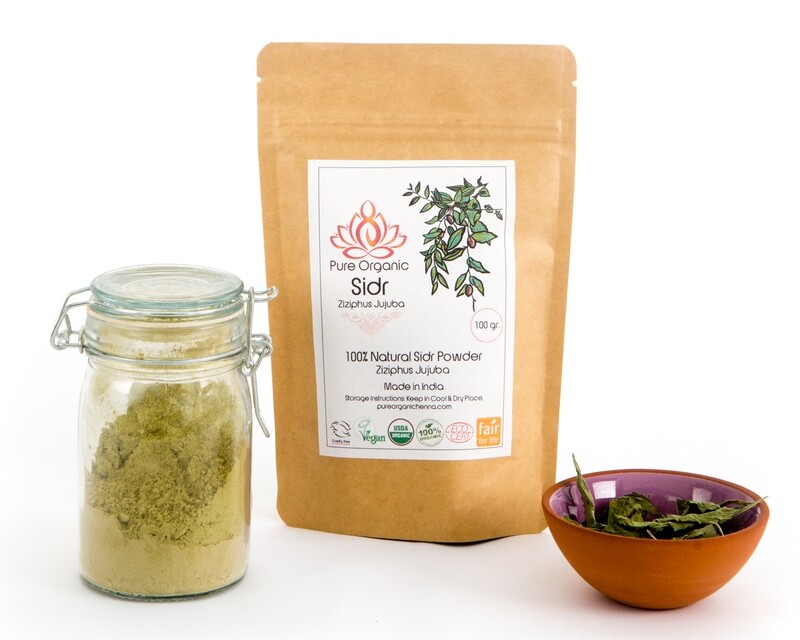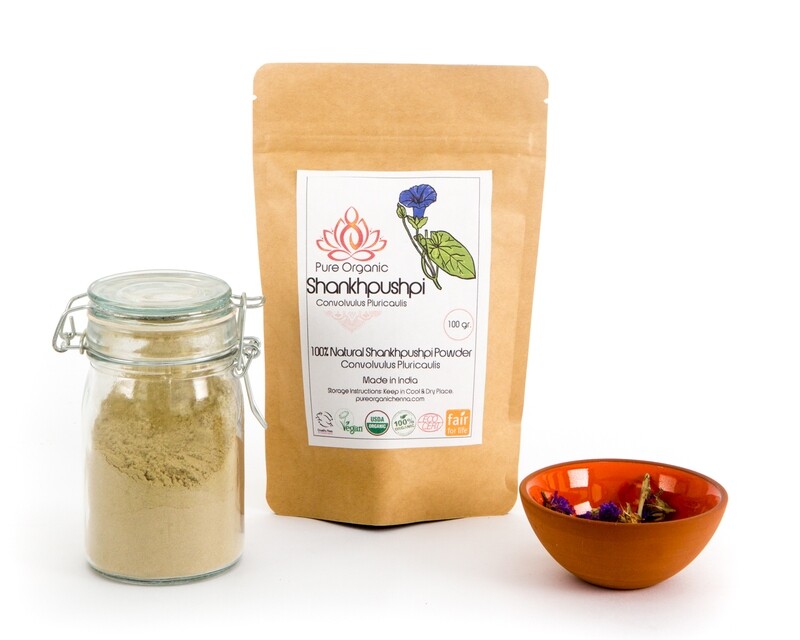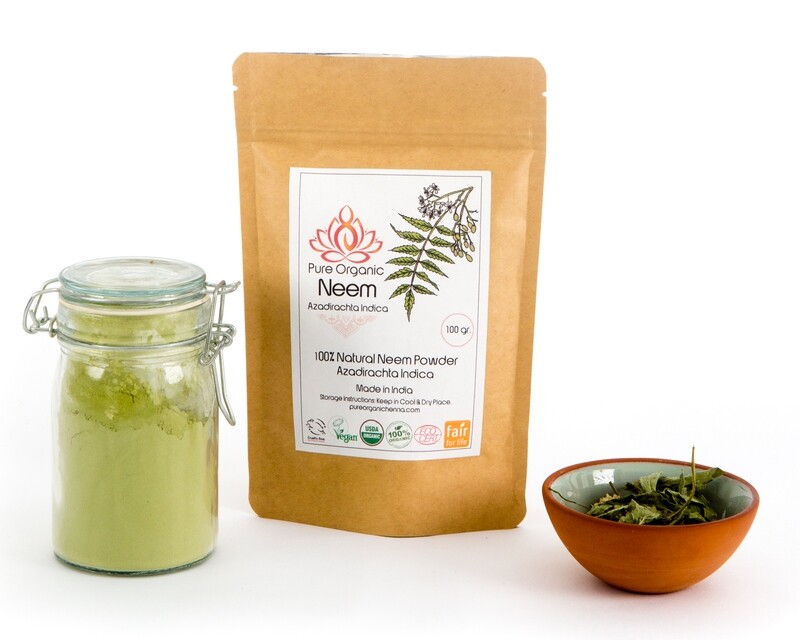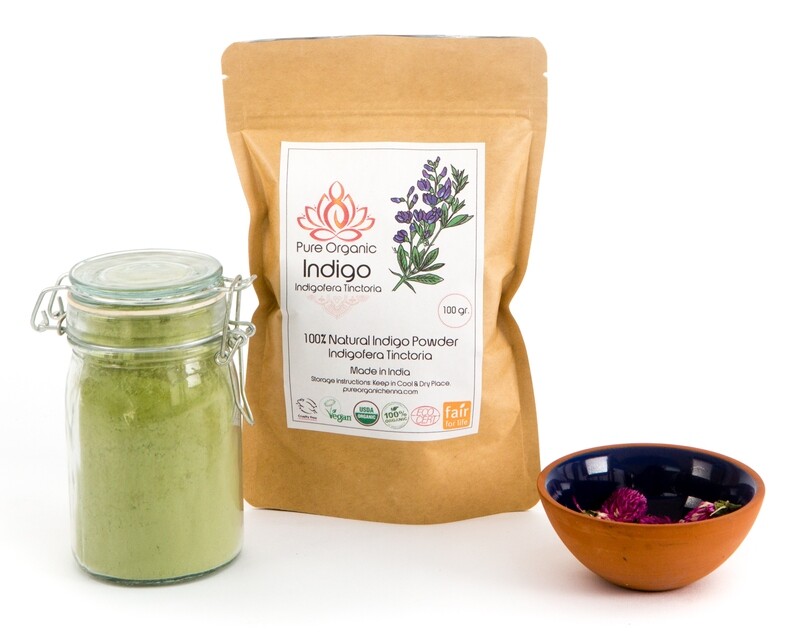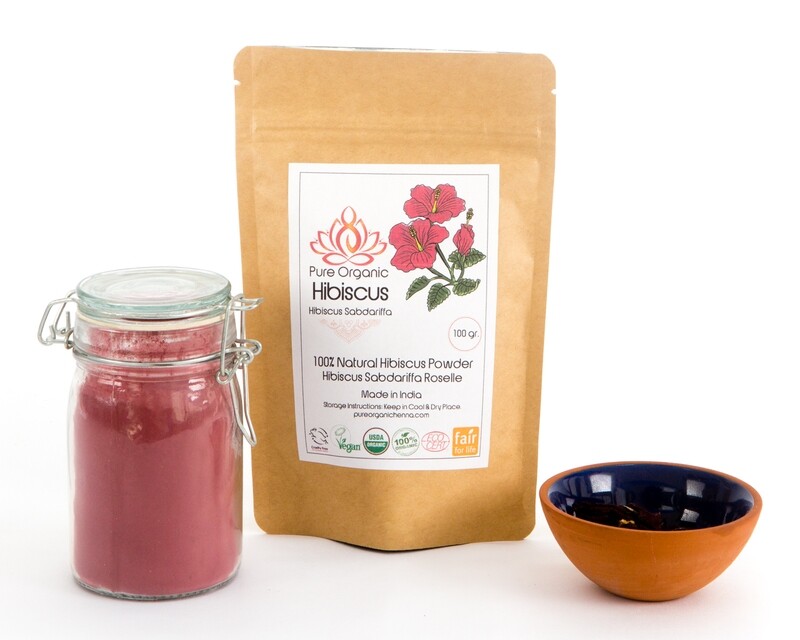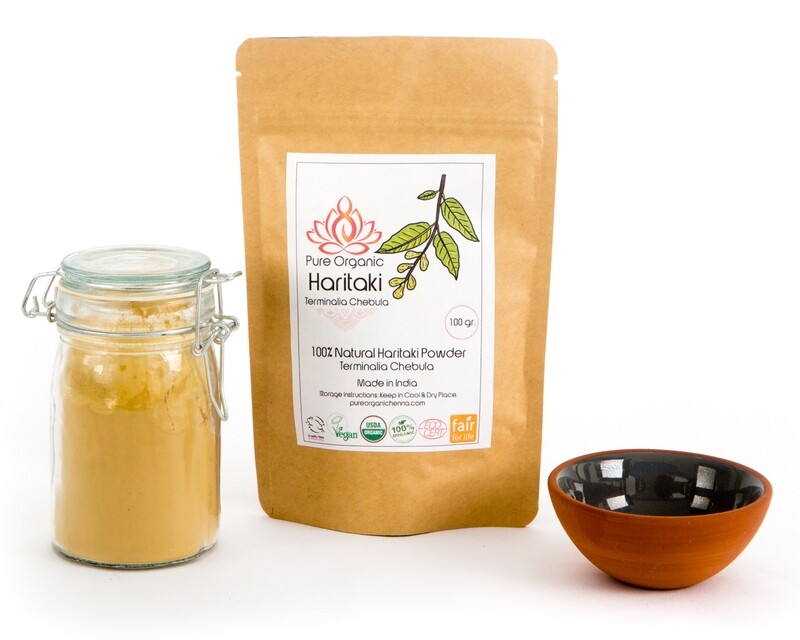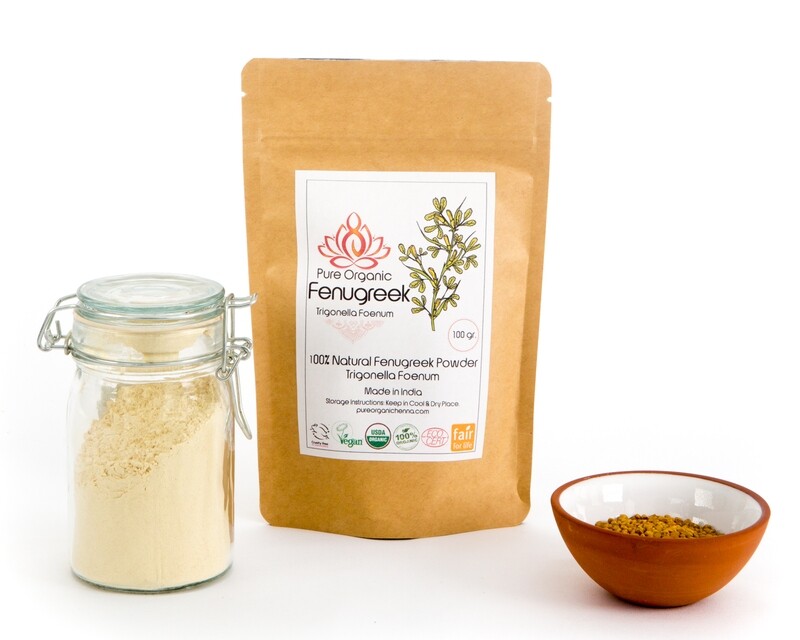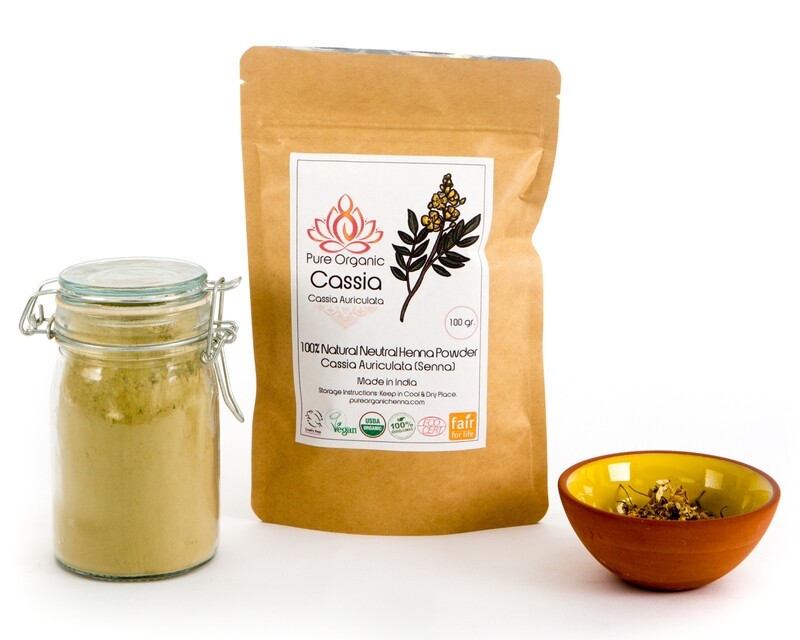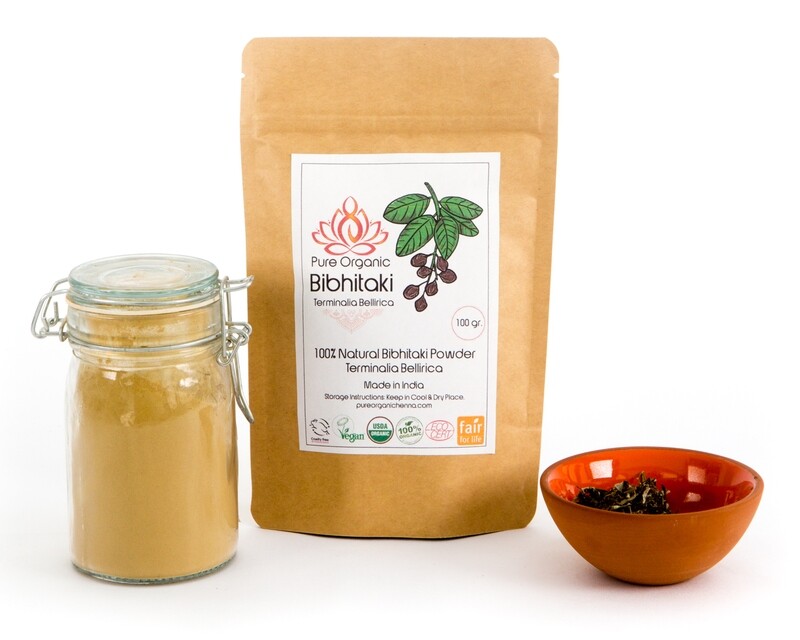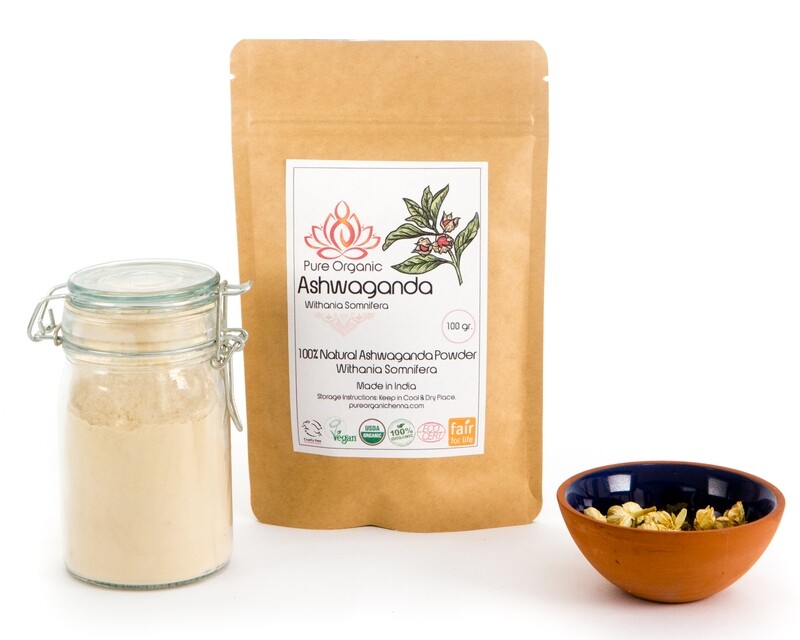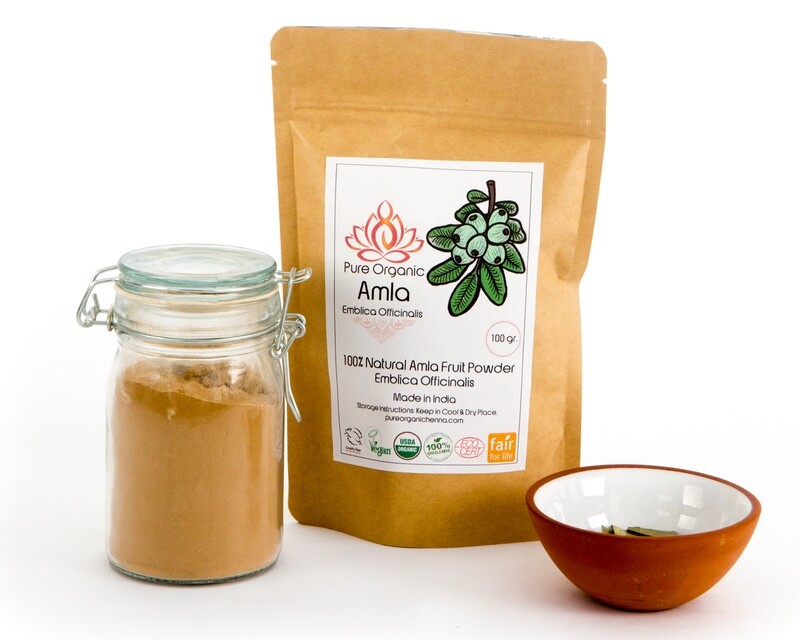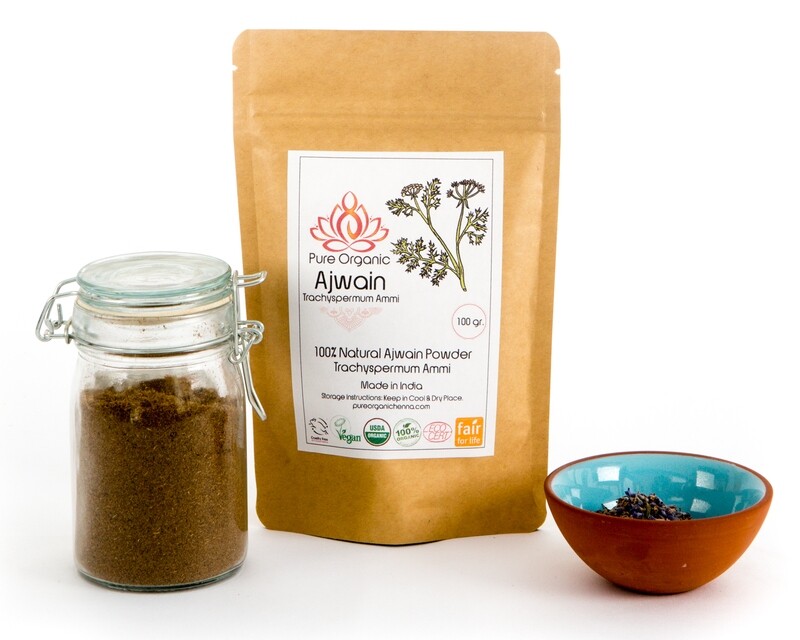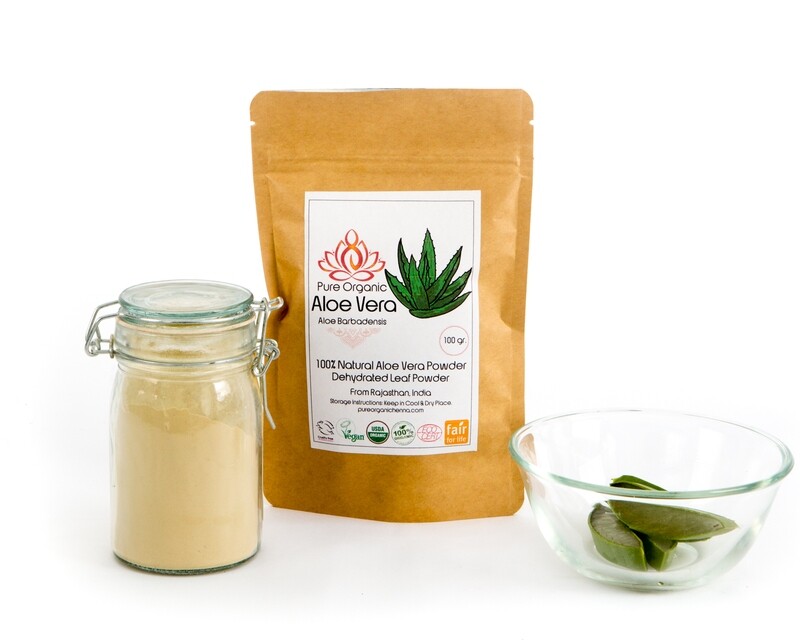Benefits of Fenugreek hair
- Strengthens hair and prevent hair loss.
- Promotes Hair Growth.
- Nourishes hair and scalp.
- Used as a natural conditioner.
- Adds shine to your hair.
- Prevents dandruffs.
Pure Organic Fenugreek Powder is a herb rich in mucilages and it is considered a natural hair-loss preventing treatment, because of its high percentages of phytoestrogens.
This Ayurvedic herb prevents and controls hair loss, promotes hair growth, excellent moisturizing and conditioning agent thanks to its high levels of mucilages, anti-inflammatory, regulates the sebum production, gives volume and porosity to hair, leaves hair shiny and silky.
Nutrients & Vitamins In Fenugreek
- Protein: High amounts amplify the herb’s curative properties for baldness.
- Vitamin C: Helps boost immunity.
- Iron: Good for blood vessels.
- Potassium: Ensures no premature grey hairs.
- Nicotinic Acid: Promotes hair growth.
Mix fenugreek powder with full fat yogurt and/or a little warm to hot distilled water juice into a paste. Apply the mixture to your hair from root to tip and gently massage it into your scalp. Leave the mask on for about an hour or up to 2 hours for best results.
You can then wash it out and then use our cleansing co-wash to remove the mask. You can then do a deep conditioning treatment. Then moisturize, dry and style as usual.
This mask recipe is excellent for promoting hair growth: Mix fenugreek powder (100 grams for up to shoulder length hair, adjust as needed) with 1 tsp of aloe vera powder, add 1-2 tbsp of your favorite hair oil and 6-7 drops of rosemary essential oil.
COMMON NAME: Fenugreek
OTHER NAME: Methi, Greek hayes
BOTANICAL NAME: Trigonella foenum-graecum Linn.
PLANT FAMILY: Fabaceae
PART USED: Seeds Powder used.
OVERVIEW: Aromatic and therapeutic herb.
INTRODUCTION: Fenugreek seed has been used medicinally and for culinary purposes for millennia. It is most often utilized in Indian, Egyptian, and Middle Eastern cuisine, but is used commercially as a flavoring agent in much of the world. Its delicate maple-like flavor makes it perfect for baked goods and confectionaries and also for creating imitation maple syrups. Medicinally, it has been utilized in traditional herbalism to support digestion, support lactation in nursing mothers, and as a soothing topical application.
PHYTOCONSTITUENTS: Carbohydrates, mucilaginous fiber (galactomannans), proteins (high in lysine and tryptophan), fixed oils pyridine-type alkaloids (such as trigonelline, choline, gentianine, and carpaine), flavonoids such as apigenin, luteolin, orientin, quercetin, vitexin, and isovitexin, free amino acids, such as 4-hydroxyisoleucine, arginine, histidine, and lysine; calcium and iron; saponins, glycosides (yielding steroidal sapogenins such as diosgenin, yamogenin, tigogenin, neotigogenin on hydrolysis), cholesterol and sitosterol, vitamins A, B1, C, and nicotinic acid, and volatile oils.
PRECAUTIONS: None known.
For educational purposes only. This information has not been evaluated by the Food and Drug Administration. This information is not intended to diagnose, treat, cure, or prevent any disease.
Pure Organic Ayurvedic Herbs
According to Ayurveda, the hair is a direct by-product of your bone tissue (marrow) and it is also linked to the central nervous system and gut. This means any weakness in the bone tissue, nervous system and digestive system will naturally result in hair loss or diminishing hair growth.
Ayurveda provides you with plenty of options for hair care and longer hair growth. Apart from holistic remedies and practices of incredible wisdom, the most important aspect of Ayurveda is finding solutions.
Pure Organic Ayurvedic Herbs provides you with a customized Hair care regimen that best aligns with your condition based on your lifestyle and type of hair.

